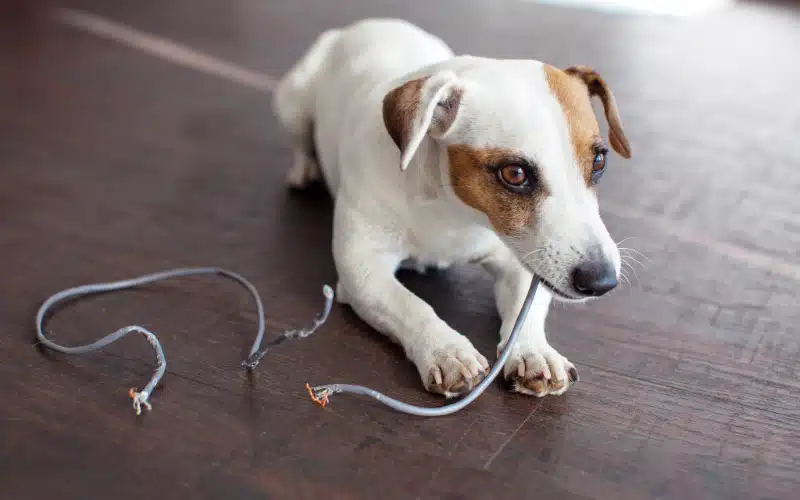
Ear Infections 101: What Pet Parents Should Know
Whether your pet’s ears stick straight up like antennas, flop down low to the ground, or jut out to the sides like baby Yoda, they’re part of what makes our furry family members who they are. But when your dog or cat is having trouble with their ears in the form of an ear infection, it can be hard to understand what steps to take. Keep reading as we delve deeper into what causes ear infections, treatment and prevention options, and why surgery is sometimes the best course of action.
Ear Infections 101
Ear infections are caused when bacteria and yeast build up in the inner, middle, or outer ear. They can be extremely painful if not treated properly. According to PetMD, “untreated ear infections can result in damage to a dog’s hearing and ear.”
Though ear infections can occur in any breed, dogs with long, floppy ears like Basset Hounds, Beagles, and Cocker Spaniels have a greater risk of developing this painful condition. As for cats, those with small outer ears such as Persians or Himalayans are more prone to ear infections. In cats, an ear infection will almost always indicate a deeper lying issue like diabetes, a weakened immune system, or ear mites.
Symptoms of ear trouble include:
- Discharge coming from the ears
- Foul odor
- Head shaking
- Head tilting to one side
- Redness and inflammation in the ear canal
- Reluctance to having their ears touched (if you’re normally able to handle them without an issue)
- Scratching at the ears
If your pet is displaying these signs, bring them in to see your pet’s primary care veterinarian. They will be able to determine what diagnostics and treatment are needed, or even surgery if necessary.
Treatment & Prevention
Chronic ear infections can lead to the need for total ear canal ablation surgery (TECA). This surgery involves the complete removal of the ear canal and middle ear (tympanic bulla), leaving only the ear flap (pinna) remaining. Often, this surgery is performed by a dermatology or surgical specialist, though some veterinarians in general practice may also perform this surgery. Several of our emergency veterinarians have extensive training and years of experience with many advanced surgical procedures including TECA.
How can pet parents prevent ear infections from happening in the first place?
- When bathing or grooming your pet, add an ear-cleaning regimen. Be sure to check with your veterinarian on how to clean your pet’s ears properly and what cleaning solution products are safe to use.
- Dry your dog’s ears thoroughly with a clean towel or cotton ball after swimming or spending time in the water.
- Limit your pet’s exposure to allergens that can migrate into the ear canals like dust mites, molds, and pollens.
- Check your pet’s ears for redness or inflammation often.
You’ve Come to The Right Place
If you believe your pet is experiencing recurring ear infections, ask your veterinarian to give us a call to discuss the options. Animal Emergency Hospital Volusia and our sister hospital Animal Emergency Hospital DeLand are modern, 24-hour emergency pet hospitals dedicated to helping pets and their families.
If you believe they may be experiencing a medical emergency, please call our team at 386-252-0206.



